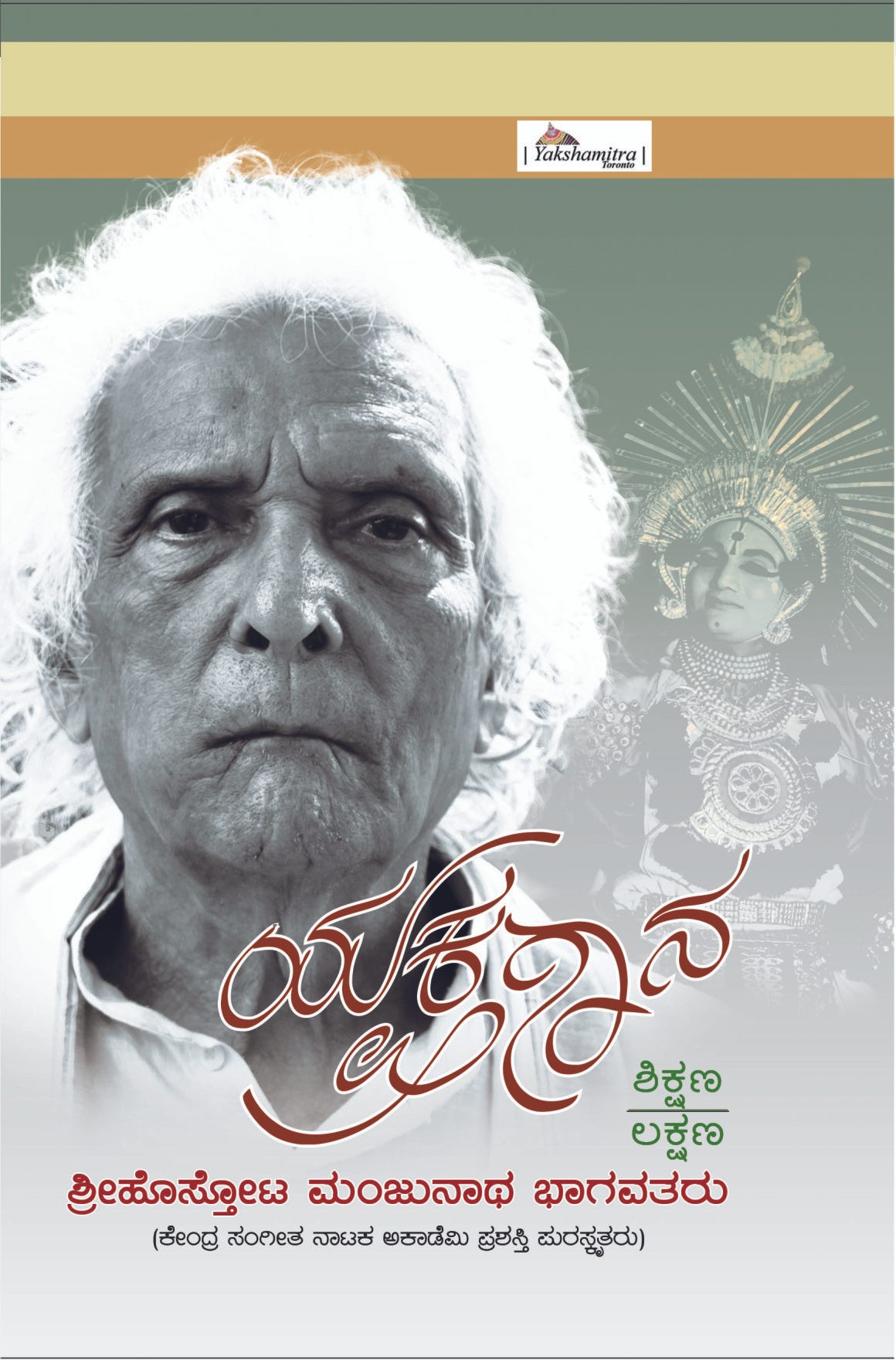Apaurusheya literally means 'not of human'. Does it mean divine? Yes, divine in Indian sense, not the abrahamic 'Godly' sense. In my opinion, Apaurusheya means 'sacred everlasting ideas'. I will explain a little bit why I think so.
1) Apaurusheya does not refer to any text but ideas and mantras.
2) The authors of the Veda are called 'mantra drushtaaraha' (perceivers/receivers or those who saw it)
Therefore, I have this theory, those who know more could validate this.
The ideas in Vedas are not man made. That is they are ideas that form part of 'natural order' or Dharma. So these ideas are 'not created' but are 'seen' by the Mantra drushtaaraha. So 'Vishwamitra Rishihi Gaayatri Chandaha' means these ever existent ideas of Dharma are 'seen' by Rushis such as Vishwamitra who then composed mantras in some meters (Gaytri in this case). Dharma will establish itself - natural order will prevail against all odds. Time may pass. The ideas that form part of this natural order are everlasting and apaurusheya - not man made. They are sung, read or written is another matter.
Koenard Elst's assumptions are not quite right in this sense. But folks that know more could correct me if you think that is worth. I am trying to make sense of it here my self.


No comments:
Post a Comment
Please leave a note about what you think about this write up. Thanks.